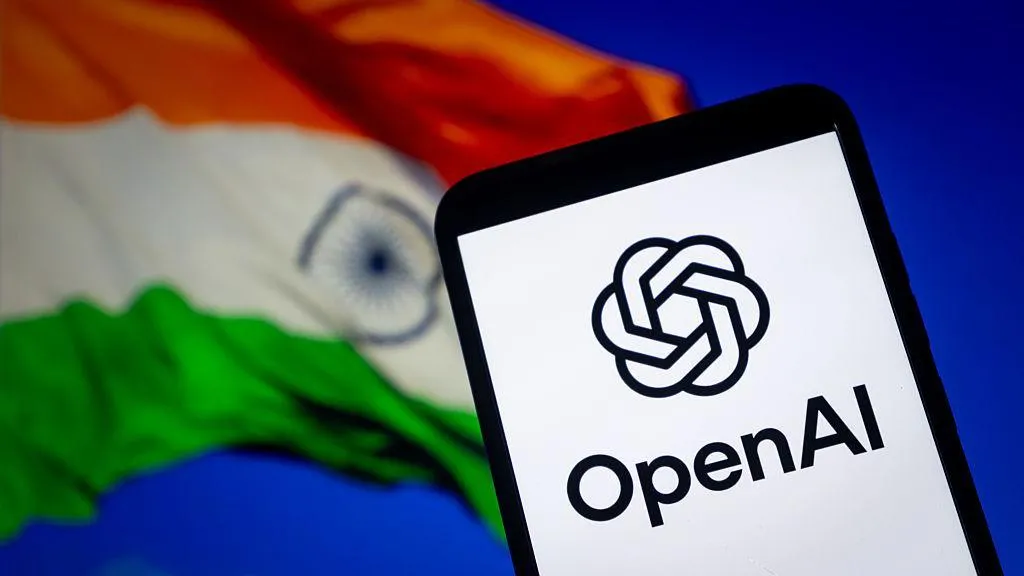New Delhi, India — Some of the world’s largest technology companies, including OpenAI, Google, and Perplexity AI, are rolling out premium artificial intelligence tools for free or at heavily subsidized rates to millions of Indian users — a move experts say is part of a long-term strategy to dominate one of the world’s fastest-growing digital markets.
Starting this week, Indian mobile users will enjoy a full year of free access to ChatGPT’s new low-cost “Go” chatbot, while similar partnerships are bringing free or discounted AI access through major telecom carriers. Google has teamed up with Reliance Jio, India’s largest network provider, while Perplexity AI has joined forces with Airtel, the country’s second-largest operator, to bundle AI features directly into monthly data plans.
Analysts describe the strategy as a calculated business investment rather than a goodwill gesture.
“The plan is to get Indians hooked on generative AI before asking them to pay for it,” said Tarun Pathak, Director at Counterpoint Research. “India offers scale, a young online population, and an open digital ecosystem — making it a testing ground for global AI adoption.”
With over 900 million internet users, India represents one of the largest and youngest digital audiences in the world. Most users are under the age of 24, and the country also boasts some of the lowest mobile data costs globally. These conditions make it an ideal market for AI companies looking to gather user data and train their models through real-world interaction.
“The diversity of Indian users will help shape more inclusive and capable AI systems,” Pathak added. “Every unique interaction provides valuable data for improving generative AI models worldwide.”
However, industry experts are also warning about the privacy and regulatory implications of these free offers.
“People have always traded their data for convenience or free services — that won’t change,” said Prasanto K. Roy, a Delhi-based technology analyst. “The concern is that most users don’t fully realize the extent of data they’re giving away, and this is where regulation needs to evolve.”
India’s Digital Personal Data Protection (DPDP) Act, 2023 lays the groundwork for stronger privacy standards, but its implementation rules remain pending. Unlike in Europe, where stringent AI governance laws already require transparency and user consent, India’s more flexible regulatory landscape allows tech firms to experiment with large-scale, data-driven rollouts.
Experts predict that once enacted, the DPDP Act could become one of the most advanced digital privacy frameworks globally — but for now, India’s open market gives global AI players an unprecedented foothold.
“At this point, we need light-touch regulation that encourages innovation without ignoring user protection,” Roy noted.
For companies like OpenAI and Google, India’s enormous potential lies in volume-based monetization. Even if only a small percentage of free users convert to paid plans, the scale of adoption could be transformative.
“Even if just 5% of free users become subscribers, that’s still tens of millions of paying customers,” Pathak said.
As India becomes the world’s next frontier for artificial intelligence adoption, these partnerships mark the beginning of a new digital era — one where innovation, regulation, and consumer awareness will determine how the benefits and risks of AI unfold.

